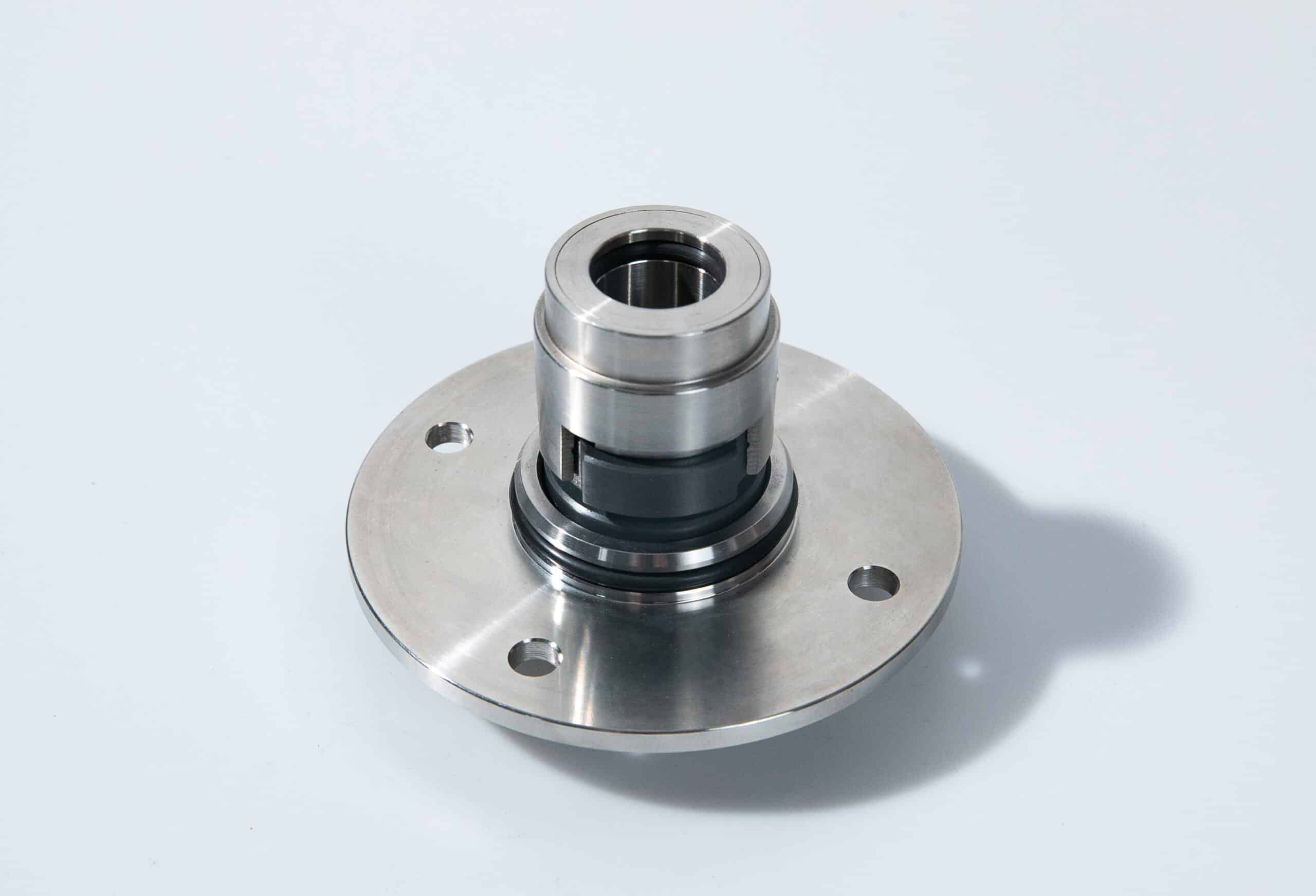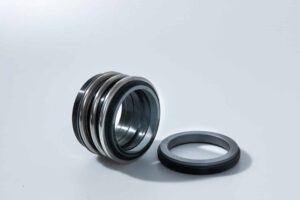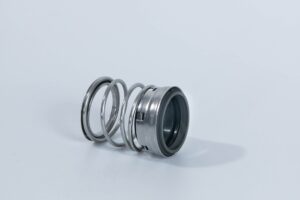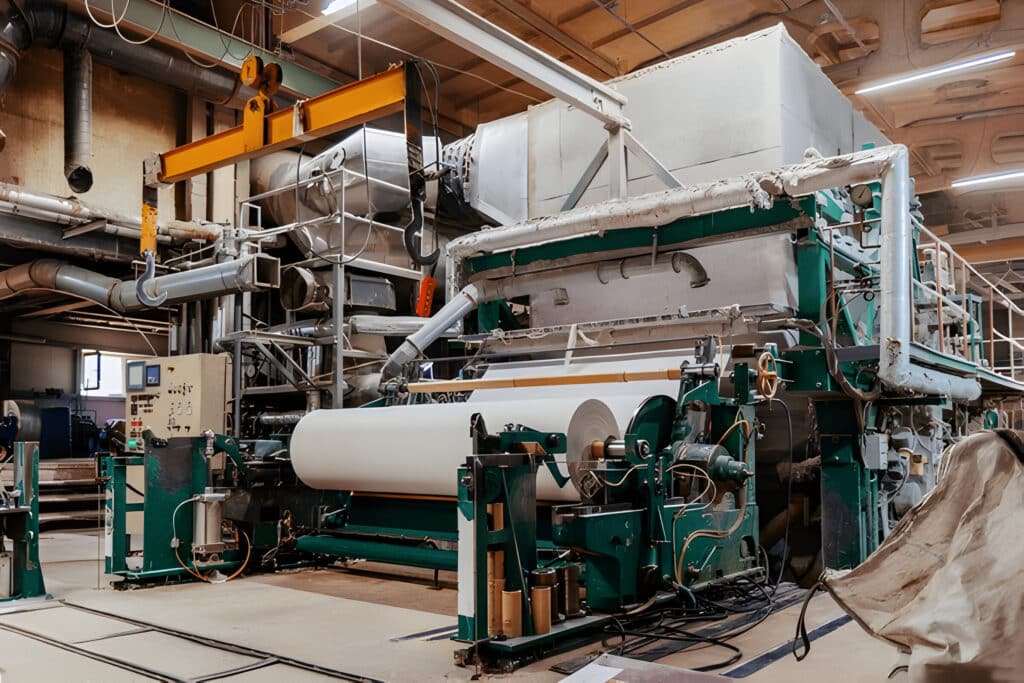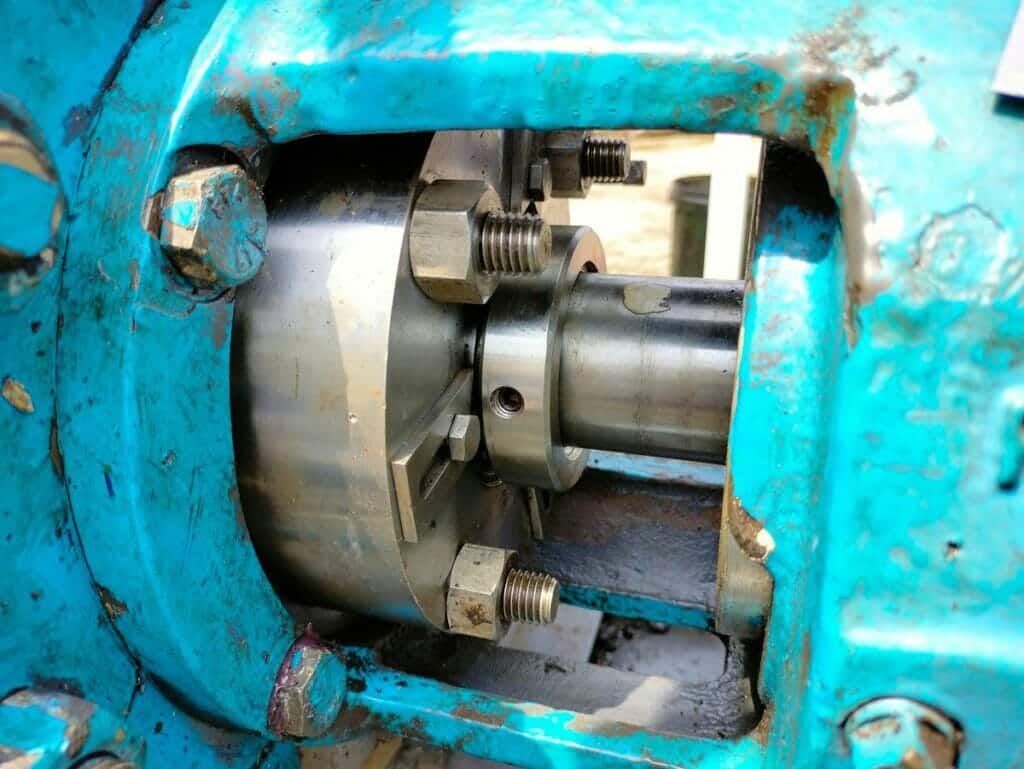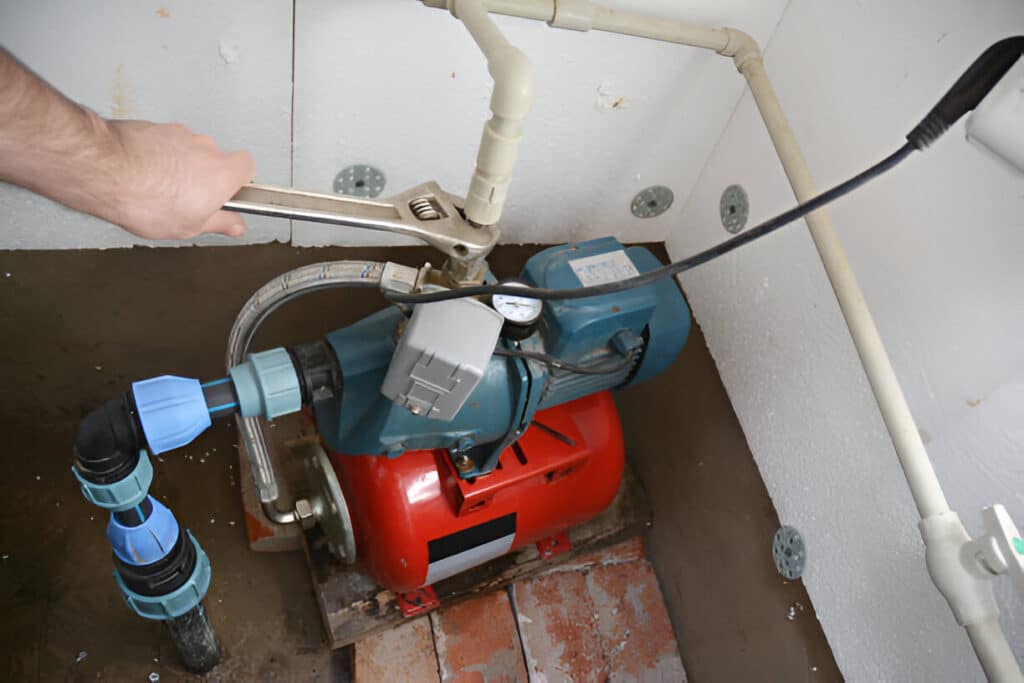One prominent alternative is the gland packing seal, also known as compression packing or braided packing. This type of seal consists of a soft, pliable material, such as braided fibers or rope, that is compressed around a shaft or stem to create a seal. Gland packing seals are cost-effective, easy to maintain, and can be used in a wide range of applications, including pumps, valves, and mixers.
Another alternative to mechanical seals is the lip seal, which is commonly used in rotary applications. Lip seals are made of elastomeric materials and feature a flexible lip that contacts the shaft to prevent leakage. They are simple in design, compact, and can handle moderate speeds and pressures. Lip seals are often used in gearboxes, hydraulic systems, and automotive applications.
For high-temperature and high-pressure applications, gas seals have emerged as a reliable alternative to mechanical seals. Gas seals utilize a thin film of gas, typically nitrogen or air, to create a non-contacting seal between the rotating shaft and stationary components. This eliminates friction and wear, resulting in longer seal life and improved performance. Gas seals are commonly found in turbomachinery, compressors, and other critical equipment in the oil and gas, petrochemical, and power generation industries.
Magnetic drive couplings are another alternative to mechanical seals, particularly in applications where leakage prevention is critical. These couplings use strong magnets to transmit torque from the motor to the pump without any physical contact, eliminating the need for a seal altogether. Magnetic drive couplings are hermetically sealed, making them ideal for handling hazardous, toxic, or valuable fluids in the chemical, pharmaceutical, and food processing industries.

